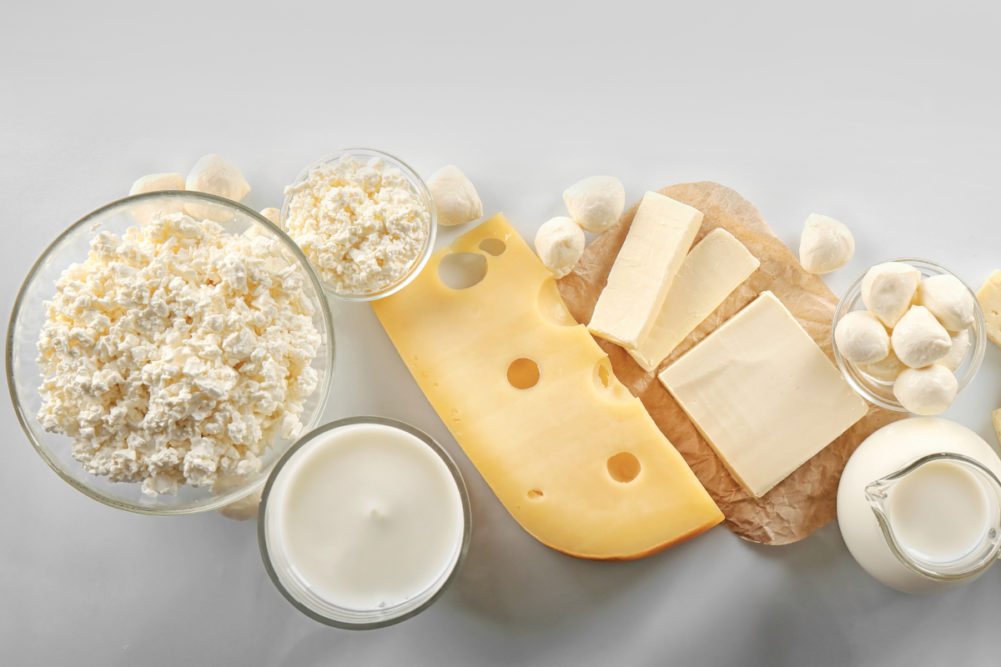SAN DIEGO — Seraphina Therapeutics, Inc. on May 18 introduced plans to commercialize a saturated fat called pentadecanoic acid, also known as C15:0. The same day Seraphina Therapeutics researchers associated C15:0 with lower risk of inflammation, cardiovascular disease and non-alcoholic fatty liver disease in an article online in Scientific Reports.
The researchers proposed C15:0 as a potential essential fatty acid. The article may be found here.
Seraphina Therapeutics plans to launch a C15:0 dietary supplement in the fall and a C15:0 ingredient to fortify foods early next year. The company has received a Series A fundraise of $5.5 million led by Domain Associates, a venture capital firm.
“We surprisingly found a trace saturated fat in butter that is repeatedly demonstrating evidence of broad health effects across a variety of studies,” said Stephanie Venn-Watson, DVM, co-founder and chief executive officer for Seraphina Therapeutics.
An odd-chained saturated fatty acid, C15:0 is found in butter and some fish and plants. Dr. Venn-Watson said saturated fat is divided into two categories: even-chained and odd-chained. Most food items primarily have even-chain saturated fatty acids, which are associated with a greater risk of cardiovascular disease and diabetes, she said.
“That’s why we’ve seen so much literature around saturated fats being bad,” Dr. Venn-Watson said.
In contrast, C15:0 makes up 1% of the fatty acids in whole fat milk.
Researchers at Seraphina Therapeutics suggest people eating less butter and whole fat milk over the past 40 years has led to a decrease in C15:0 intake. The amount of C15:0 in the bloodstream is a biomarker for how much dairy someone has eaten, Dr. Venn-Watson said, adding research also has shown that people with high levels of C15:0 are linked to lower risks of numerous diseases, including type 2 diabetes, cardiovascular disease and non-alcoholic fatty liver disease.
Both omega-3 fatty acids and C15:0 fatty acids provide health benefits but in different ways.
“If we talk about omega-3 vs C15, they are kind of like the yin and yang of fatty acids,” Dr. Venn-Watson said.
Omega-3 fatty acids enter cell membranes and make them nice and flexible, she said. C15:0 complements omega-3 fatty acids by creating armor for the cell wall, making the cells more resilient and resistant.
She said C15:0 should work in food and beverage applications that are suitable for omega-3 fatty acid inclusions, but C15:0 does not have the sensory issues associated with omega-3 fatty acids from fish. Coming in powder form, C15:0 is stable at room temperature and has “no taste or bad smell,” Dr. Venn-Watson said.
Omega-3 fatty acids and omega-6 fatty acids are two known essential fatty acids, she said. The study in Scientific Reports defined essential fatty acids as dietary fatty acids that are required to maintain a healthy physiological state, are not made at adequate levels endogenously and require dietary intake to maintain healthy concentrations in the body.
Strong evidence shows C15:0 is a dietary fatty acid, according to the researchers. Epidemiological studies demonstrate associations between higher C15:0 dietary intake and lower risks of mortality and developing chronic conditions, including inflammation, cardiovascular disease, type 2 diabetes, obesity, metabolic syndrome, non-alcoholic fatty liver disease and pancreatic cancer. Multiple studies demonstrate C15:0 blood levels are driven primarily by C15:0 dietary intake and not endogenous production.
A veterinary epidemiologist, Dr. Venn-Watson previously worked for the Centers for Disease Control and Prevention and the World Health Organization. She helped found Seraphina Therapeutics in 2017. Other co-founders were Eric Venn-Watson, MD, chief operating officer; Kim Kamdar, board chair; and Nicholas Schork, PhD, lead scientist.






